
The Australian High Commission in Ghana has announced the expansion of Digital Earth Africa, a state-of-the-art satellite monitoring system, to help Ghana track climate change, monitor deforestation and improve sustainable mining practices.
At a climate symposium at Ghana Communication Technology University (GCTU), High Commissioner Berenice Owen-Jones explained how Digital Earth Africa will provide Ghanaian researchers and policymakers with real-time environmental data to enhance climate resilience.
“Africa has the tools and talent to lead the world in climate innovation, and Australia is here to provide the technology and partnerships needed to achieve this,” Owen-Jones stated.
The project will support Ghana’s efforts to curb illegal mining, track water resources and mitigate the effects of climate change.
With Australia’s commitment to tech-driven climate solutions, Digital Earth Africa will revolutionise how Ghana monitors and protects its natural resources.
Berenice Owen-Jones also emphasised that Australia is well-positioned to support Ghana in unlocking the full potential of its renewable energy and critical mineral resources.
“Africa is at the center of the global energy transition, and Australia is eager to strengthen partnerships with Ghana to build a more sustainable future.
“From renewable energy innovation to responsible mining, Australia is sharing its expertise and investing in Africa’s green economy,” Owen-Jones stated.
The symposium, themed: “The Future of Africa-Australia Clean Energy and Critical Minerals Partnerships”, was organised by the Australian High Commission in partnership with GCTU. The event brought together academics, policymakers, private sector leaders and climate experts to discuss sustainable energy solutions and the role of critical minerals such as lithium, bauxite and rare earth elements in powering the global transition to renewable energy.
Why Ghana and Australia’s Partnership Matters
Africa is home to vast renewable energy resources, including solar, wind and hydro, yet access to electricity remains a major challenge, with over 600 million people on the continent lacking reliable power.
At the same time, Ghana is rich in critical minerals essential for the clean energy revolution – including bauxite, which is processed into aluminum for solar panels and electric vehicle components.
Australia, one of the world’s largest producers of lithium and a leader in sustainable mining is supporting Ghana to adopt best practices in critical mineral extraction, ensuring environmental sustainability and long-term economic benefits.
Owen-Jones highlighted Australia’s Direct Aid Programme (DAP), which funds community-led climate resilience projects in Ghana, including initiatives that support responsible mining, empower women in renewable energy, and provide clean cooking solutions in rural areas.
Australia’s $60 billion climate finance strategy also aims to drive investment in hydrogen technology, sustainable mining, and green infrastructure across Africa.
As Ghana positions itself as a hub for Africa’s clean energy and minerals industry, Australia’s expertise and investments will be crucial in ensuring that development is both sustainable and inclusive.
The post Australian High Commissioner announces expansion of major technology in Ghana appeared first on The Ghanaian Chronicle.
Read Full Story
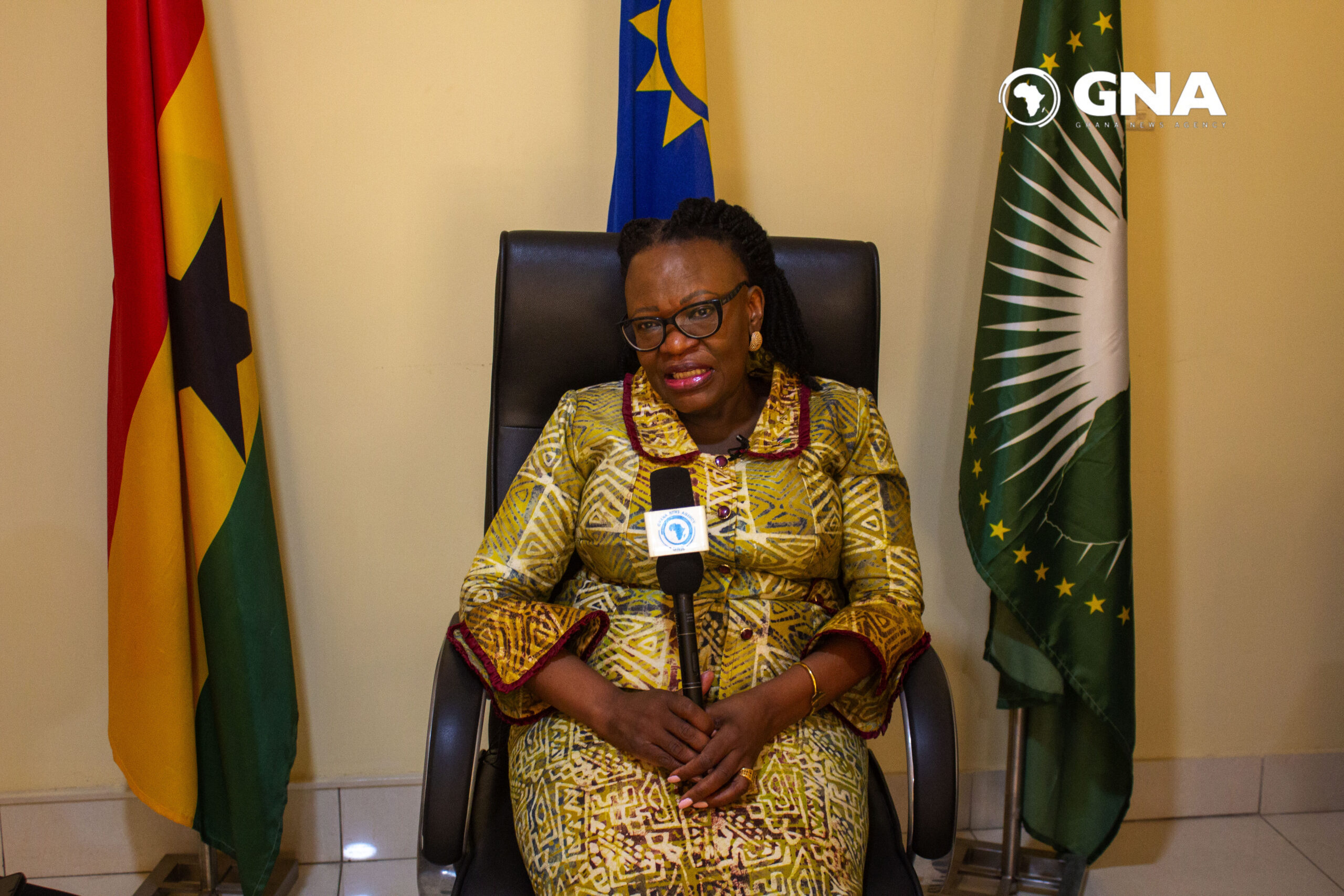

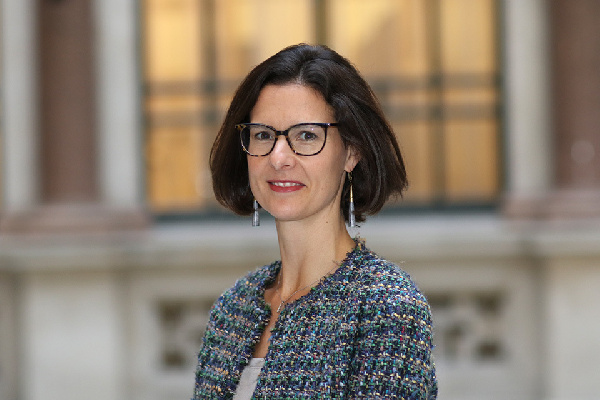
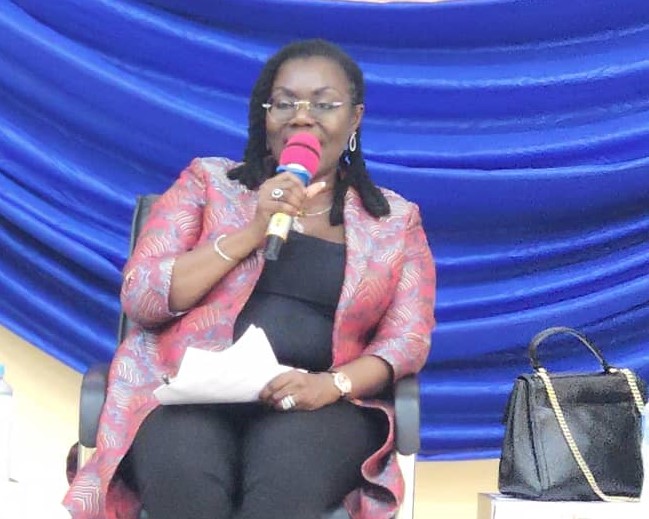


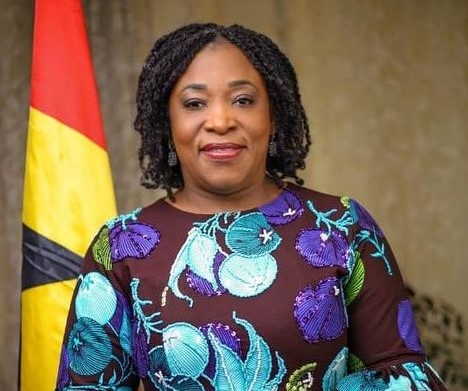














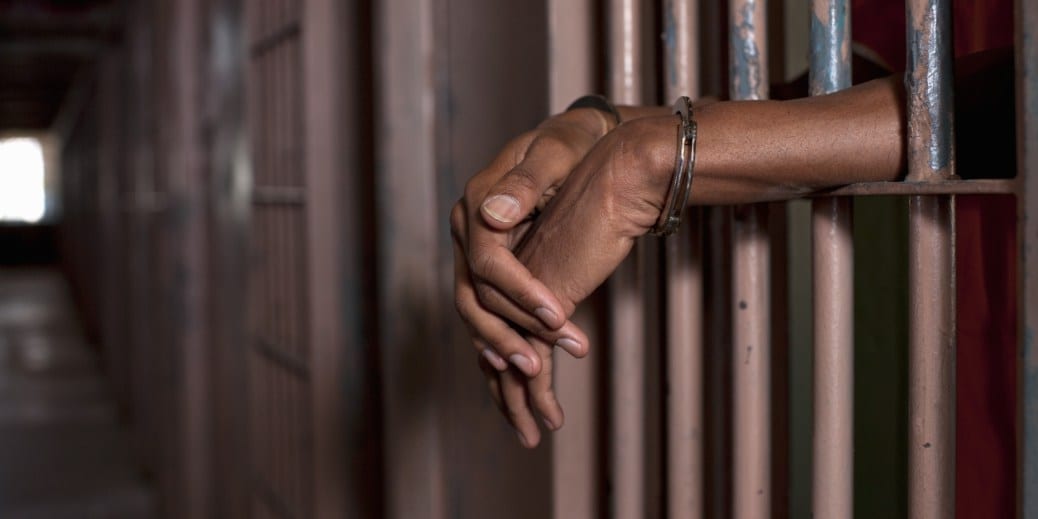


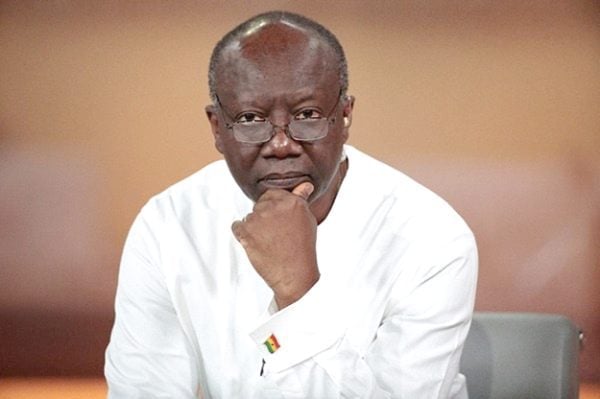

Facebook
Twitter
Pinterest
Instagram
Google+
YouTube
LinkedIn
RSS